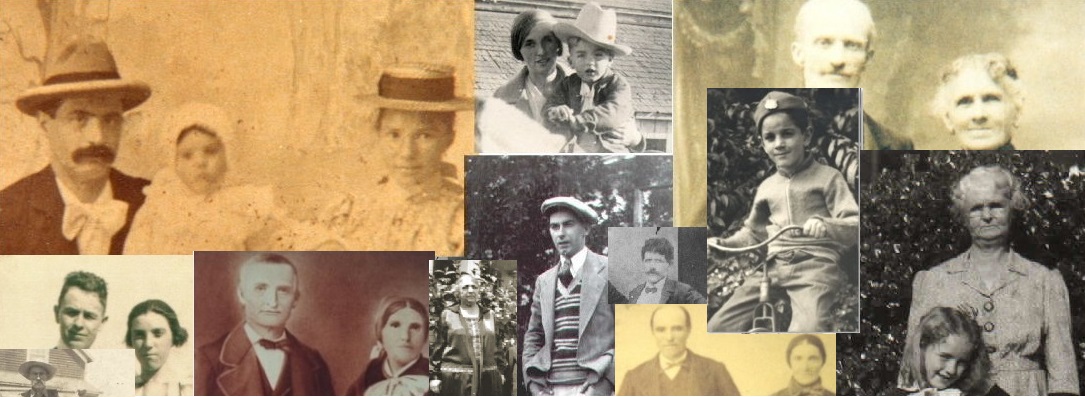[I am working my way backwards through Amy Coffin’s 52 Weeks of Abundant Genealogy prompts because I wasn’t paying attention at the beginning of the year. This is week #28…Mistakes.]
Mistakes happen in genealogy. Even the most experienced genealogy can read a name wrong, transpose a number, and come to the wrong conclusion. One of things I’ve learned about genealogy is that you have to constantly test your theories because new information may change everything.
Case in point is this example. When I first started working on my family tree, my Grandma was recording the family history for me. She’d send me letters with different family stories which I would type up to preserve them.
One of her first letters was all about how my ancestors came to America. She told me the story of my Pacheco ancestors and how they came from Madeira to Hawaii in the 1890s as a young couple. They lived on a sugar plantation in Hawaii before coming to California in 1907 when my Grandfather was born.
I had no reason to believe that my Grandma’s information was anything but the truth. I began sending out letters and doing on site research. And, I got nowhere. It seemed my people didn’t exist.
After about a year, I was getting frustrated. I hadn’t yet learned that genealogy takes time and patience.
I got into contact with a cousin who was happy to talk to me. We spoke on the phone and had a lengthy conversation. It was then I learned that the reason I was getting nowhere was because almost all the information I had was wrong.
My great grandparents were not from Madeira, they were from the Azores. They were not married when they came to Hawaii. They were small children. They didn’t even come in the 1890s. The only part of my Grandma’s story that might have been true was the fact that my Grandfather was born on board a ship in San Francisco waters.
The mistake I made was to take everything at face value. It had never dawned on me that my relatives might not really know what they were talking about. It taught me an important lesson. Take everything relatives tell you with a grain of salt. There is probably some truth to it, but often that truth is wrapped in a little bit of myth.
The lessons I learned from this experience have stayed with me. While we should give all our relatives who take the time to answer our questions our respect, we need to temper it with a healthy dose of skepticism. I am sure at times someone has deliberately lied to me. For the most part, I think things get jumbled over time. I don’t think people set out to tell me the wrong things. They are reporting them as best they remember them. The farther away they are from the source or the wider the gap in years from the original event increases the chances that things might get a bit muddled.
Once I separated fact from fiction, I was able to find my family in census records. From there things got much easier.






